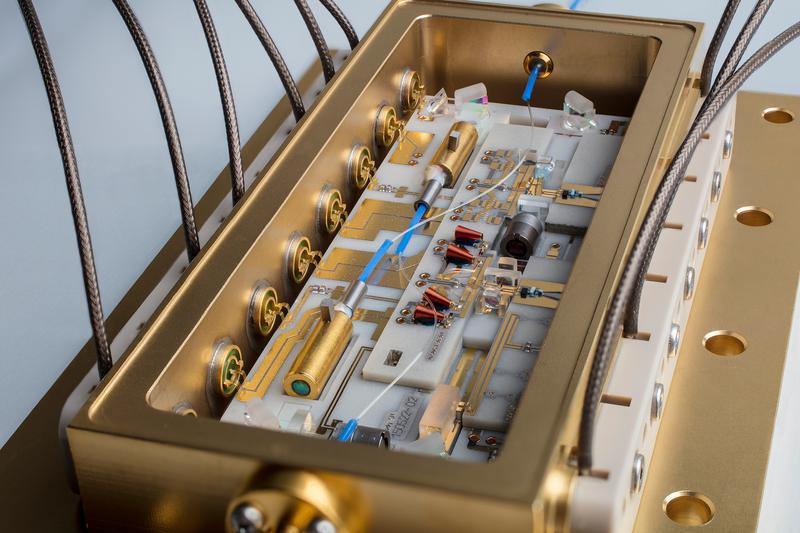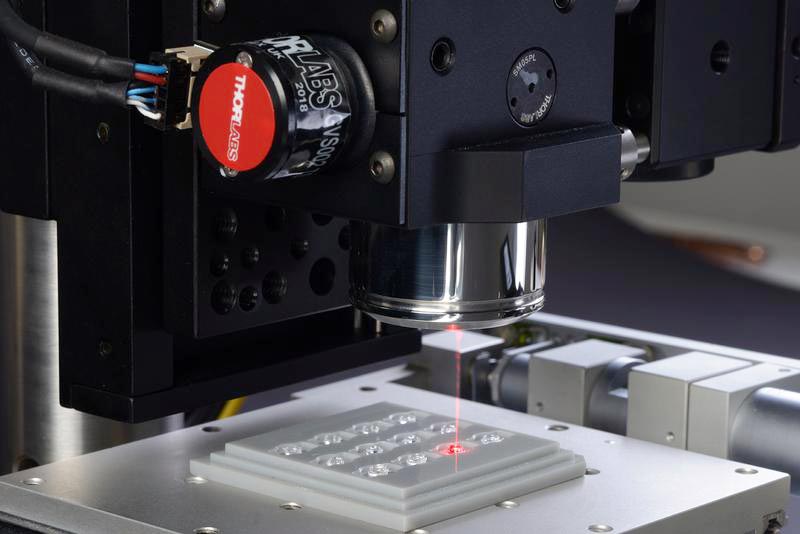

The Complero team (from left to right): Sebastian Harttig, Tobias Hamann and Steffen Schneider.
Credit: Thomas Koziel
At the Cebit computer trade fair in Hannover, researchers will present their technology from 20th to 24th March at the research stand of Federal State Rhineland-Palatinate (hall 6, stand C17).
Moving house or a new mobile network – contact details can quickly become outdated. What at times is already overwhelming for private persons, is a major problem for large corporations with thousands of contact details from customers or distribution partners. “It is simply not possible to keep such information constantly up to date”, explains Tobias Hamann.
Together with Steffen Schneider and Sebastian Harttig he wants to provide a solution. The founders have developed a software that not only helps companies to update their address databases, but also keeps them up to date. Although systems already exist on the market that amend data sets, they do not recognise whether information is outdated and do not support the company in retrieving up-to-date data from the customer.
The researchers from Kaiserslautern have developed artificial intelligence for their technology that analyses the company's address database and independently learns. “It compares the information with different data that is stored in a cloud. This data is provided by users via an app, with which they can also privately keep contacts up to date”, explains Steffen Schneider, who completed his Masters dissertation at the department for Entrepreneurship, under the supervision of Professor Dr. Matthias Baum, at the University of Kaiserslautern.
“But the system can do much more”, Hamann continues. “It is designed in such a way that it is self-learning. It recognises outdated addresses on the basis of certain patterns and can update these by itself”. The founders do not wish to disclose exactly how this method functions. “That is our company secret”, says Hamann, who has worked on similar self-learning systems in his Masters dissertation at the German Research Center for Artificial Intelligence (DFKI).
However, the technology is not only attractive for companies with many customer contacts to maintain. Manufacturers of address and CRM software could also use it. CRM is the abbreviation for customer relationship management. Such CRM database systems are used by large companies to store and maintain customer contacts. “We provide parts of our programme as plug-ins, thus as software extensions”, explains Harttig. The graduates of the University of Kaiserslautern are marketing their technology via their start-up company Complero. It is also available as an app for private persons. This will keep contact details on your smartphone up to date.
The graduates are receiving support for their project from the Start-up Office of the University of Kaiserslautern and the University of Applied Sciences Kaiserslautern. Furthermore, Professor Baum is advising them as a mentor. They are already in talks with a few interested parties. Additionally, they are being funded by the German Federal Ministry for Economic Affairs via the EXIST Business Start-up Grant. This provides them with the opportunity to prepare themselves over the course of a year for self-employment.
The app is available for free at the App Store and Google Play.
Further information can be found at: www.complero.de
Contact person:
Sebastian Harttig
Complero
Email: sebastian.harttig(at)complero.com
Tel.: 02692 703 99 8















